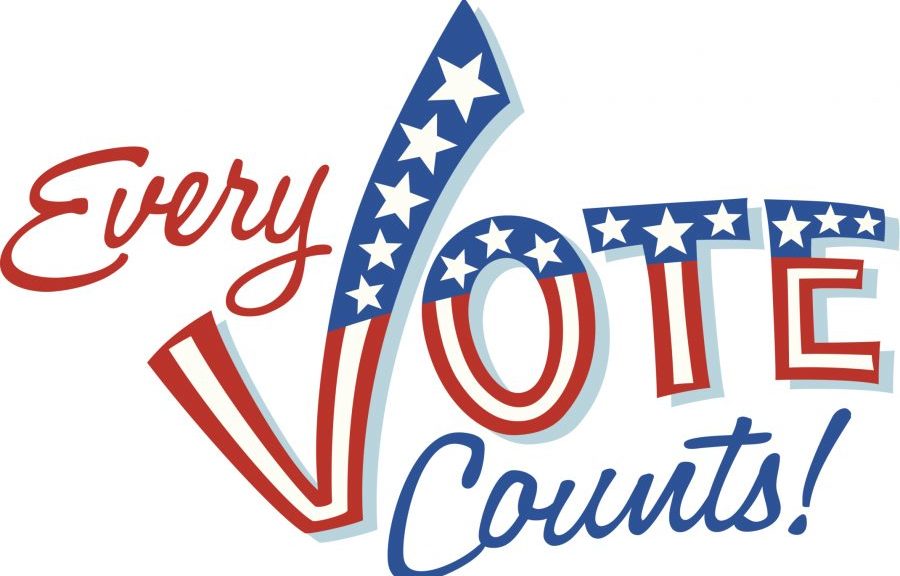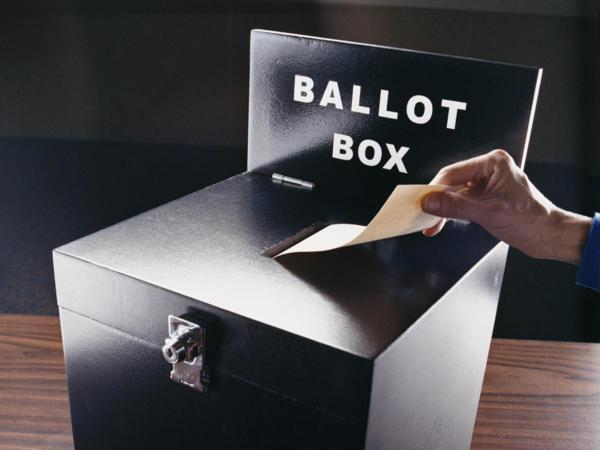
Would enact the Homeowner Association Accountability and Transparency Act of 2025 to make substantive changes to the Open Meeting Act, association records, and records inspection, and would impose additional penalties for violations of these provisions.
Current Status: Pending
FindHOALaw Quick Summary:
The Davis-Stirling Common Interest Development Act governs the management and operation of common interest developments by an association. If a provision of the Act requires an association to deliver a document by “individual delivery” or “individual notice,” the Act requires the association to deliver that document in accordance with the preferred delivery method specified by the member. Existing law also requires the board of an association to provide general notice of a proposed rule change at least 28 days before making the rule change, in accordance with certain procedures.
This bill would amend Civil Code Section 4360 to require the board to provide individual notice of a proposed rule change.
Existing law prohibits the board of a common interest development from taking action on any item of business outside of a board meeting. Existing law also prohibits the board from conducting a meeting via a series of electronic transmissions, except in specified emergency circumstances.
This bill would amend Civil Code Section 4910 to prohibit a majority of the members of the board, outside an authorized meeting, from conducting communications of any kind, directly or through intermediaries, to discuss, deliberate, or take action on any item of business within the board’s subject matter jurisdiction.
Existing law requires an association to generally give notice of the time and place of a board meeting at least 4 days before the meeting and requires the notice to contain the agenda for the meeting.
This bill would amend Civil Code Section 4920 to require the notice containing the agenda to have instructions on how a member may get a copy of the agenda packet for the open session portion of the meeting and would establish procedures for the board to follow in responding to those requests. This bill would also amend Civil Code Section 5200 to include all documents constituting the agenda packet of meetings of the members, the board, and any committees appointed by the board as association records.
Existing law authorizes the board to adjourn to, or meet solely in, executive session to consider litigation and other specified matters. Existing law requires any matter discussed in executive session to be generally noted in the minutes of the immediately following meeting that is open to the entire membership.
This bill would add Civil Code Section 4921 to require the board, if the association becomes involved in litigation, to announce the litigation at its subsequent meeting, including stating the name of the court and case number in the meeting minutes. The bill would also require the board, if the association files an insurance claim or has an insurance policy change, to announce the claim or policy change at its subsequent meeting. The bill would further amend Civil Code Section 4935 to require discussions regarding ongoing litigation to have the case name included as part of the executive session meeting minute notes.
This bill would add Civil Code Section 4941 to require open session meetings of the board to be electronically recorded using audio, or audio and video, and would consider the recordings to be a record of the association and to be available to members on the same basis as written meeting minutes. The bill would require notice to be given at the beginning of every open session of the board that the meeting is being recorded.
Existing law requires the minutes, minutes proposed for adoption that are marked to indicate draft status, or a summary of the minutes of a board meeting, other than an executive session, to be available to members within 30 days of the meeting and distributed to a member upon request and upon reimbursement of the association’s cost for making that distribution.
This bill would amend Civil Code Section 4950 to prohibit a charge for minutes distributed electronically. The bill would require the minutes, or proposed minutes, to include specified information, including the date and time of the meeting and whether a quorum of directors was established.
Existing law authorizes a member to bring a civil action for declaratory or equitable relief for a violation by the association of specified provisions governing board meetings within one year of the date the cause of action accrues. Existing law entitles a member who prevails in a civil action under these provisions to reasonable attorney’s fees and court costs.
This bill would amend Civil Code Section 4955 to require a court to void any action taken by the board at a meeting shown to be conducted in violation of the Open Meeting Act. The bill would authorize a cause of action under those provisions to be brought in either superior court or small claims court. The bill would also require a member who prevails in a civil action brought in small claims court to be awarded court costs and reasonable attorney’s fees incurred.
Under the Davis-Stirling Act, the operating rules are a part of the governing documents of a common interest development. The Act requires an amendment to the governing documents to be held by secret ballot.
This bill would amend Civil Code Section 5100 to exclude an amendment to the operating rules from the requirement that the amendment be held by secret ballot. The bill would also prohibit a member from being denied a ballot for any reason other than not being a member at the time when the ballots are distributed.
Existing law requires the board provide individual notice of the tabulated results of the election within 15 days of the election. This bill would amend Civil Code Section 5120 to require the meeting minutes and the individual notice of the election results to state the term for each elected director.
This bill would also amend Civil Code Section 5200 to include signature-redacted copies of voter outer envelopes to association election materials. It would further amend Civil Code Section 5205 to require the association to make available election records in the custody of an association’s vendors for inspection and copying by a member of the association. The association may not charge for the emailing of documents already in electronic format and which do not require any redacting.
Existing law authorizes a member to bring a civil action to enforce that member’s right to inspect and copy association records.
This bill would amend Civil Code Section 5235 to authorize a member to bring a civil action for declaratory, injunctive, and equitable relief and civil penalties. The bill would authorize a cause of action under those provisions to be brought in either superior court or small claims court. The bill would also require a member who prevails in a civil action brought in small claims court to be awarded court costs and reasonable attorney’s fees incurred. A prevailing association may not recover any costs unless the action is found to be frivolous, unreasonable, or without foundation.
The bill amend Civil Code Sections 5105, 5145, and 5230 to update definitions and would make various other related and conforming changes to the act.
View more info on AB 21from the California Legislature's website
Related Links
‘Substantial Compliance Test’ Possibly Applicable to Open Meeting Act Requirements
Published on HOA Lawyer Blog (01/05/16)
Email Discussion Between HOA Board Members are not "Meetings"
Published on HOA Lawyer Blog (09/185/23)






